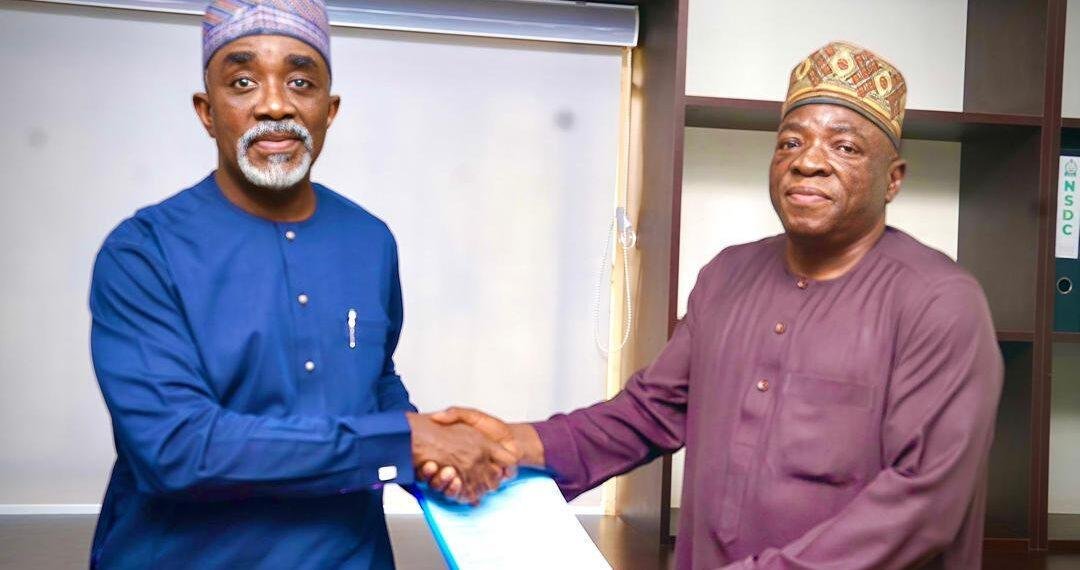The National Sugar Development Council (NSDC) has signed agreements with four major operators to develop large-scale greenfield sugar projects capable of producing a combined 400,000 tonnes of sugar locally each year.
Announcing the deal in Abuja on Tuesday, the Executive Secretary/CEO of NSDC, Kamar Bakrin, said the move marks a significant step in Nigeria’s quest for self-sufficiency in sugar production and is expected to slash the nation’s multibillion-naira import bill. According to data from the National Bureau of Statistics (NBS), Nigeria spent over N2.2 trillion on sugar imports over the last five years.
Under the new agreements, Brent Foods will establish a 100,000-tonne facility in Oyo State, Niger Foods in Niger State, Legacy Sugar in Adamawa State, and UMZA in Bauchi State. Bakrin explained that the strategic geographic spread, from the southwest to the northeast, will not only leverage diverse agricultural conditions but also distribute economic benefits across multiple regions.
“The agreements represent a major scaling up of Nigeria’s sugar development ambitions,” Bakrin stated. “The council will provide customised project development support and cover critical service costs to ensure these ventures achieve commercial viability.”
Read also:
- Edo produces 3.7m tonnes of mineral products in 2021, ranks 4th in Nigeria
- Nigeria’s energy sector receives boost as Adeleke’s 1,250MW Power Plant is set for commissioning
- Nigeria’s Oil Rig count skyrockets to 46, signaling major recovery, investor confidence in petroleum sector
Beyond boosting production, the projects are expected to create thousands of jobs, stimulate rural infrastructure development, and open new upstream and downstream economic opportunities in the agricultural and industrial sectors.
The success of the initiative will depend on both the NSDC’s ability to deliver targeted support and the operators’ capacity to execute complex agricultural-industrial projects. Officials say the initiative aligns with President Bola Tinubu’s broader industrial policy, which prioritises import substitution, value addition, and sustainable economic growth across key sectors.
With these new projects, it’s believed that Nigeria is positioning itself to drastically reduce sugar imports, save foreign exchange, and transform rural economies.






